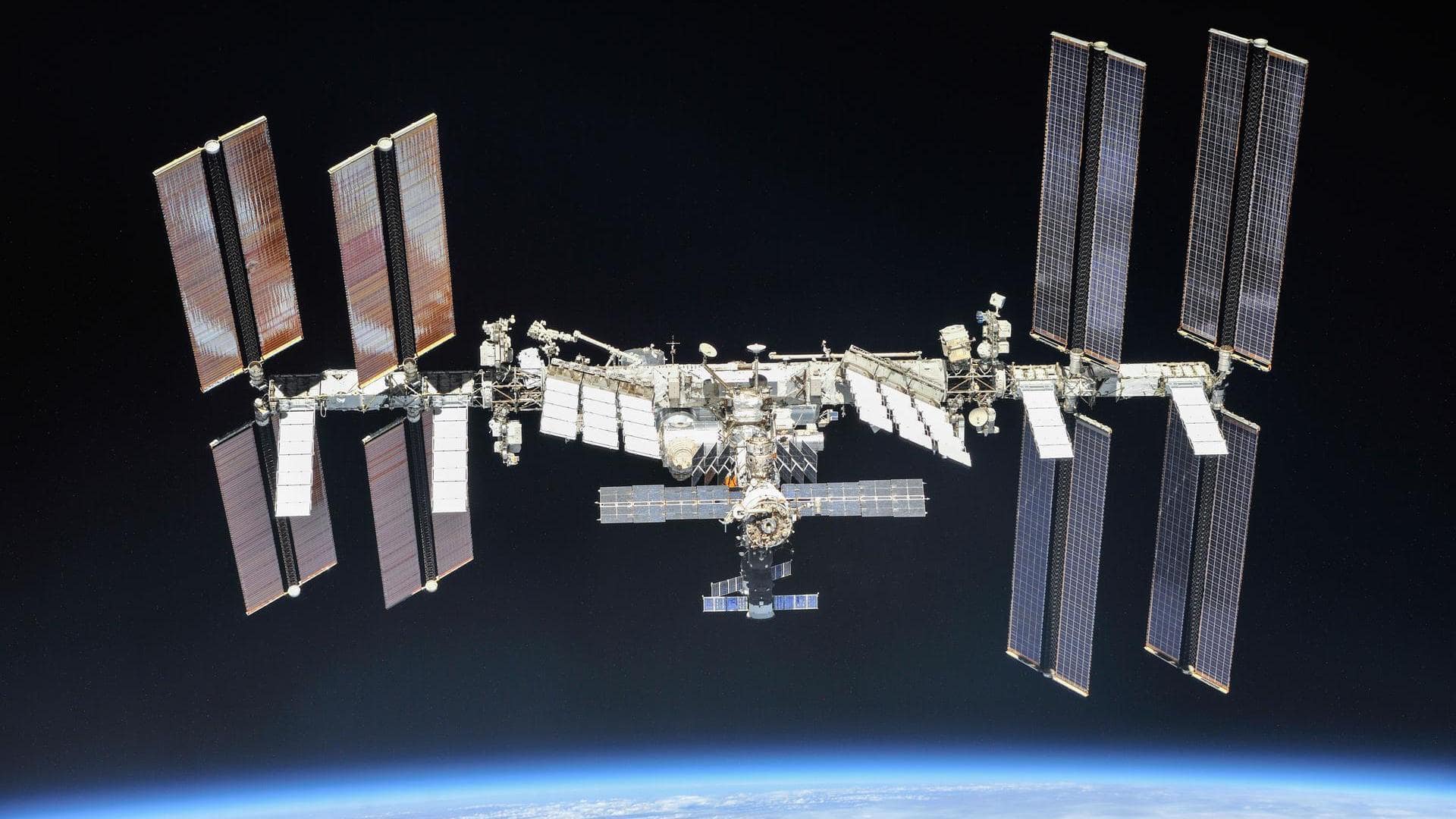
'Spacebug' detected on ISS, poses health risk to astronauts
What's the story
A potentially hazardous "superbug" has been discovered on the International Space Station (ISS), raising health concerns for NASA's astronaut Sunita Williams and her fellow crew members. The bacteria, identified as Enterobacter bugandensis, is a multi-drug resistant strain that has evolved in the unique closed environment of the ISS. This discovery was made by scientists who discovered strains of the bacterium in samples taken from the space station. The bacteria can infect the respiratory system.
Changes
Evolution in ISS's closed environment
In the study, the scientists found 13 strains of Enterobacter bugandensis, which is claimed to be multi-drug resistant. "Our research uncovers how certain benign microorganisms help to adapt and survive opportunistic human pathogen, E. bugandensis, in the unfavorable conditions of the International Space Station," said NASA in a report.
Health impact
Impact on astronaut health
The superbug's impact on astronaut health could be significant. This poses a unique health risk for astronauts who operate in altered immune conditions, with very limited access to traditional medical facilities. Understanding the microbial landscape onboard the ISS is crucial for evaluating the impact of these microorganisms on astronaut well-being.
Research implications
Superbug's potential applications on Earth
The research on this superbug could have significant applications back on Earth. The findings deliver promising applications in controlled Earth settings, like hospital intensive care units, where multi-drug-resistant pathogens present significant challenges. Understanding the genomic adaptations of E. bugandensis can aid the development of targeted antimicrobial treatments. Insights into the persistence as well as succession patterns of E. bugandensis in space, can guide strategies for handling microbial contamination in closed environments.